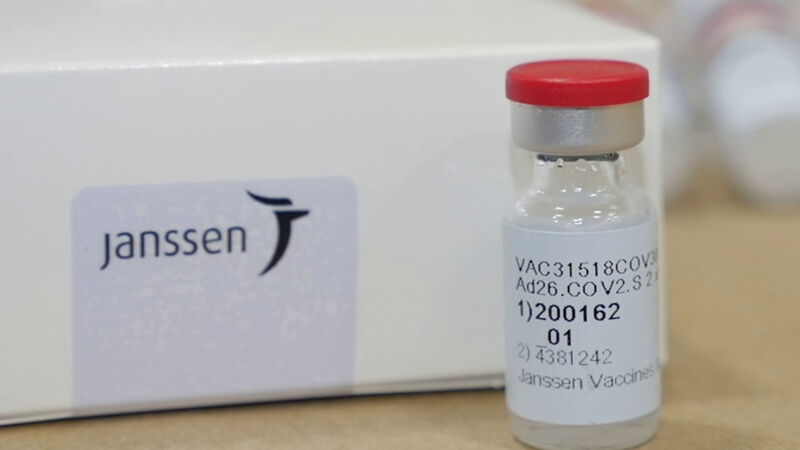18-34 age group can opt-in early for Johnson & Johnson and AstraZeneca vaccines

From next Monday, July 5, around 750 pharmacies around the country will begin administering the Johnson & Johnson vaccine to those the 18-34 age group who have registered with their local pharmacy.
- - 18-34 year olds can register for J&J vaccine with pharmacies
- - vaccine portal opens for 30 to 34-year-olds
- - 18-34 cohort can opt-in for J&J and AZ jabs through portal
- - all age groups who have had first AZ dose will have received their second
- - vaccinations with mRNA vaccines will begin for 30-34 age group
- A list of can be found here










